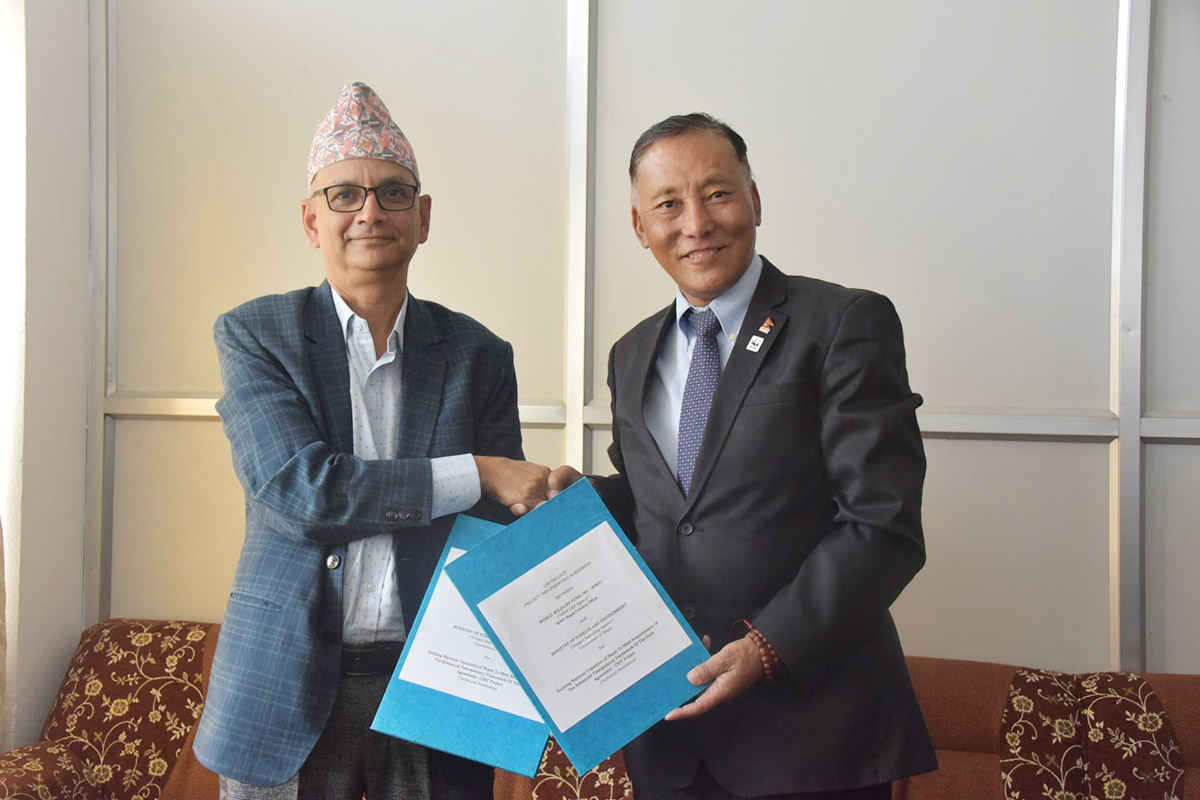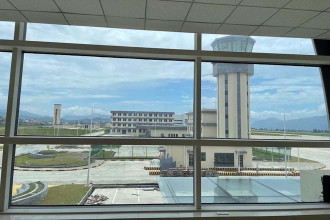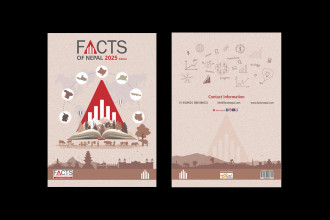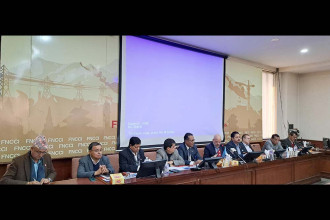
KATHMANDU: WWF Nepal and the Ministry of Forests and Environment (MoFE) have signed an agreement to implement a new project aimed at building national capacities to meet the requirements of the Enhanced Transparency Framework (ETF) under the Paris Agreement. This agreement marks a step towards enhancing Nepal’s climate action efforts.
The project, titled 'Building National Capacities of Nepal to Meet Requirements of the Enhanced Transparency Framework of the Paris Agreement,' focuses on strengthening Nepal’s capacity to track and report progress on its Nationally Determined Contributions (NDCs), which are vital commitments to global climate action. The project aims to provide institutional support for monitoring and reporting on greenhouse gas (GHG) emissions across key sectors such as agriculture, forestry, energy, industry, and waste.
The agreement signals the start of a three-year collaborative effort supported by the Capacity-Building Initiative for Transparency (CBIT) Fund through the Global Environment Facility (GEF), with a total project budget of $2.84 million. The GEF will provide $1.65 million in funding, while the MoFE and WWF Nepal will contribute significant in-kind co-financing of $1 million and $190,000 respectively.
“This partnership marks an important step towards building a more resilient and transparent climate governance system in Nepal. We are excited to contribute to the strengthening of national capacities and systems that will enable Nepal to report on its NDCs, achieve climate targets, and contribute to global climate action,” said Dr Ghana Shyam Gurung, Country Representative of WWF Nepal. “Given Nepal's vulnerability to climate change, the country stands to gain considerably from such grants,” he added.
The project aims to enhance Nepal’s ability to comply with the ETF of the Paris Agreement by establishing robust mechanisms for monitoring, reporting, and verifying climate action progress. It will also focus on improving national data collection, analysis, and reporting systems across all sectors of GHG emissions. By building the capacity of key stakeholders, the project will enable Nepal to effectively assess its climate actions, track progress, and identify areas for improvement to meet its NDC commitments.
“This agreement is a critical milestone for Nepal’s climate action strategy. The project will significantly enhance our ability to track our progress and meet our NDC commitments under the Paris Agreement. Strengthening our reporting systems and transparency mechanisms will help ensure that Nepal is accountable to its climate targets and will also build trust with the global community,” concluded Badri Raj Dhungana, Chief of Planning, Monitoring and Coordination Division of MoFE, and Joint Secretary (Tech) at the ministry.
READ ALSO:






